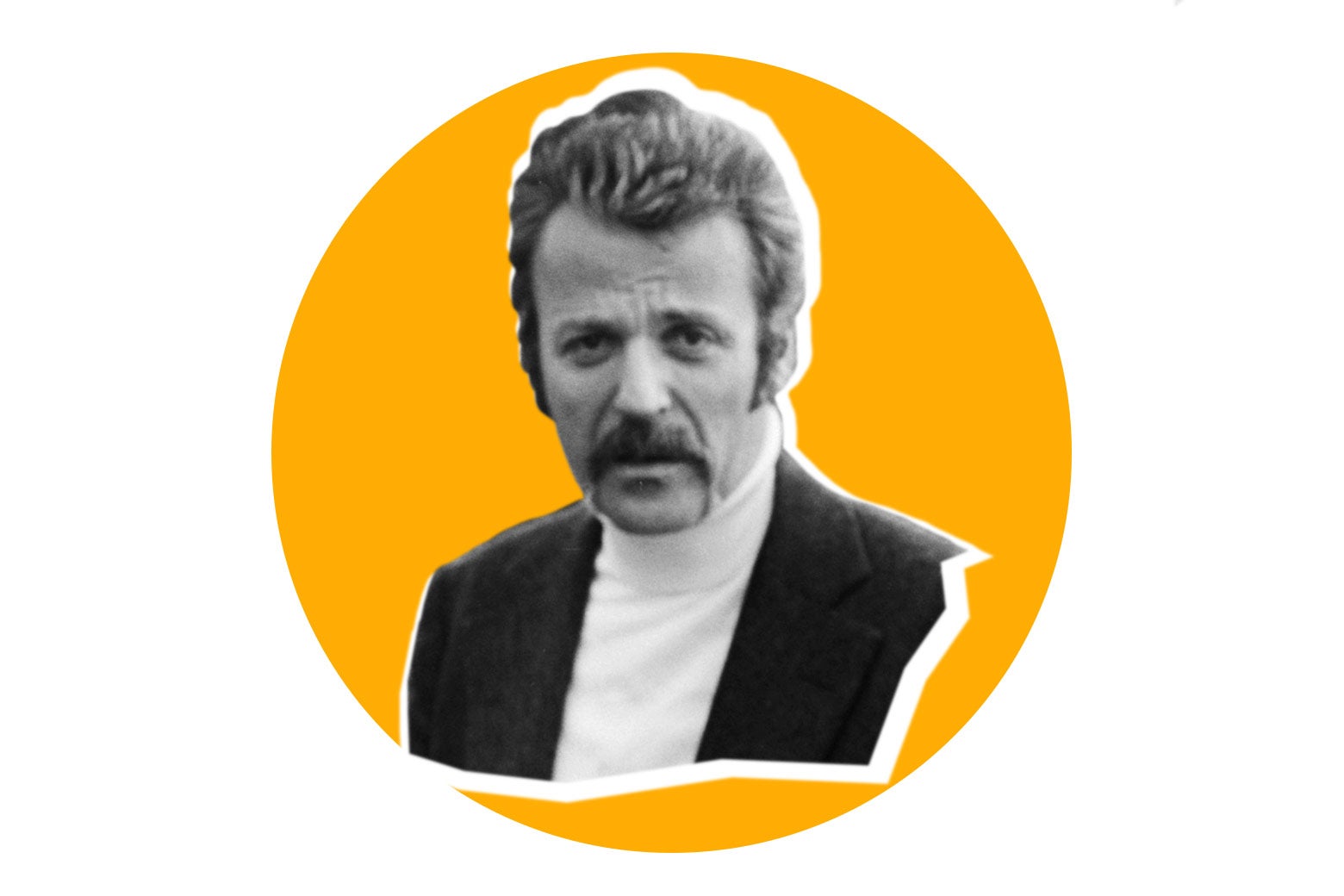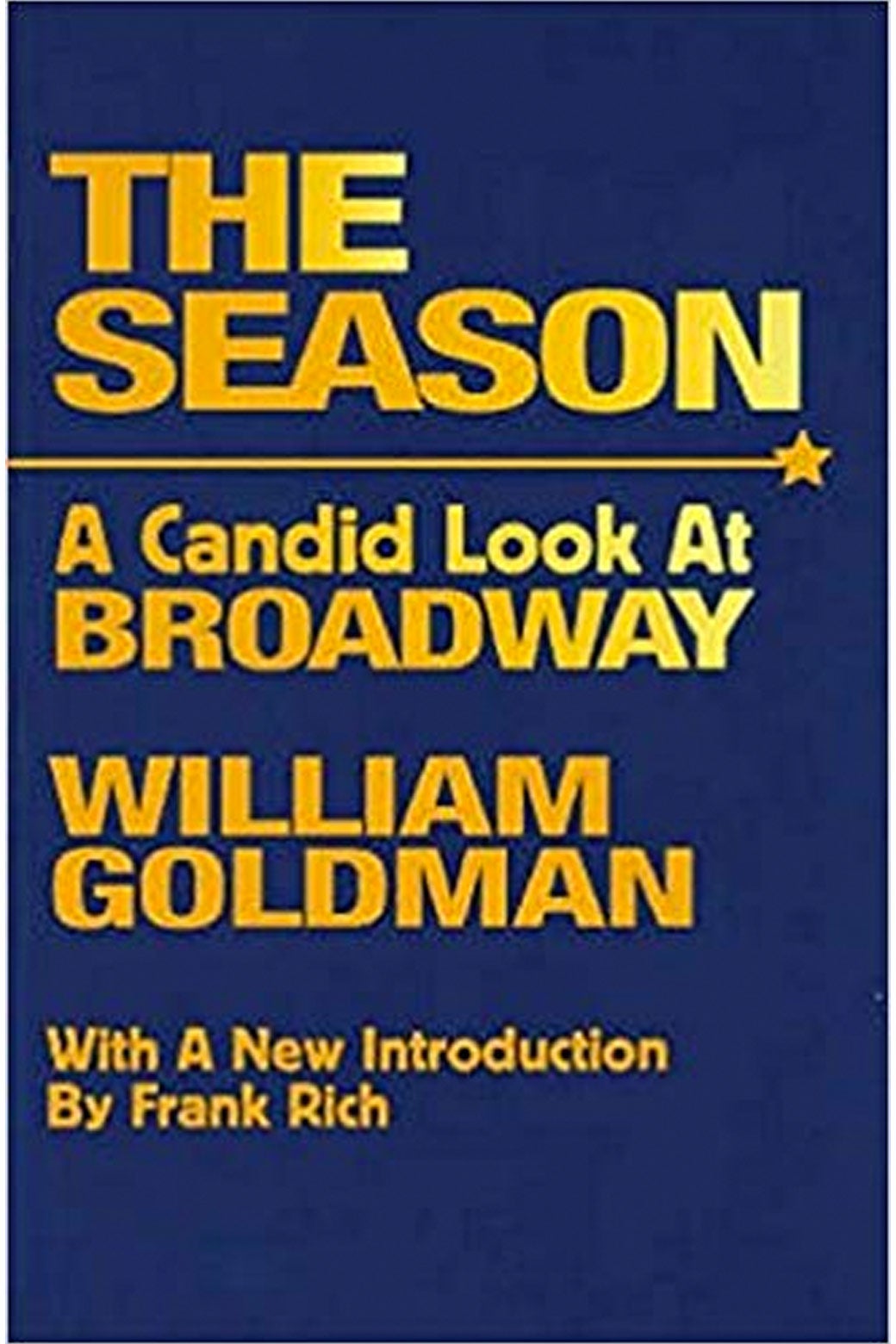When I started working at the New York Times as a 27-year-old Broadway reporter, I had never met a commercial producer, thought much about box-office grosses, or eaten at Joe Allen. In other words, I was completely out of my depth, but luckily, an editor gave me the best advice a young theater journalist can get: Read William Goldman’s The Season.
Goldman, who died Friday, is best known as a screenwriter of movies like Butch Cassidy and the Sundance Kid, and he wrote three books on film. All are worthwhile, but none are as good as The Season, an account of the 1967–68 Broadway year, which is as influential to the theater press as Peter Biskind’s Easy Riders, Raging Bulls is to authors of books about cultural golden ages. It’s the greatest book ever written about the theater, a marvel of reporting, criticism, and showmanship.
Its primary accomplishment is its bluntness, reflected in the subtitle A Candid Look at Broadway. No writer has better captured the way theater insiders actually talk about their craft. Goldman listens in on artists discussing how to fix shows out of town, to curmudgeonly patrons and critics on the aisle, and to producers working out how to make money—even on flops. Goldman never wrote another book about the theater, and he wrote this one with the unmistakable swagger and detail of someone who can burn every bridge because he knows that his subsequent career will be elsewhere.
Early in The Season, Goldman discusses how the Broadway professionals he observed instinctively understood whether a show would make back its money simply by noting the people involved in it. In other words, experts knew simply from looking at the poster of a show whether it was doomed. Then, remarkably, Goldman demonstrates how this works, using as an example a comedy called Song of the Grasshopper, examining the producer names over the title and the adaptors and actors under it and breaking down in detail what each of these names meant, financially, with a degree of definitiveness that was breathtaking.
Reading this chapter, I felt the same epiphany baseball fans must have experienced when first exposed to analytical analysis by Bill James. If you learn this secret language of this world you thought you understood, then not only can you understand it in a deeper way than previously imagined, hell, you can predict the future.
Goldman’s analysis is most bracing in its discussion of what he calls “the snob hit,” a term you still hear around Broadway. He focuses on the phenomenon of the then-young playwright Harold Pinter, whose talent he respected but whom he considered overrated by the cognoscenti. He was wrong about Pinter, but his skepticism was persuasive enough to make you question your own opinion. After analyzing The Birthday Party, Pinter’s oblique drama about a man in a boarding house menaced by two mysterious visitors, Goldman makes great comedy out of everyone in the theater praising the show while also trying to puzzle out what it is about. He talks to Pinter, who scoffs at this guessing game. But Goldman concludes that his success is due to one thing: “He is appropriately obscure; he allows intellectuals to theorize.”
He writes that this is a key element of “the snob hit”—a cheap shot, to be sure, but a term you still hear people use on Broadway today. Goldman offers his own theory of what The Birthday Party is about, but he thinks the question itself is overrated. “Examine any work of art down to its bone and you find cliché,” he writes. Agree or not, this is an idea worth contending with. The Season is full of them.
In the age of social media, it can seem that theater critics are hated more than ever before. Nonsense. No one has ever brutalized critics more savagely than William Goldman. Are they bad? No, he says: “They are putrescent.” He names names. “Clive Barnes is the most dangerous, the most crippling critic in modern Broadway history and I only hope he is dispensed with before these words reach print.” And then he gets mean:
There is one thing that 99 percent of all critics share with one another: They are failures. I don’t mean failures as critics—my God, that’s understood. I don’t even mean they are failures as people; I mean something more painful by far: These people are failures in life.
Look, some of my best friends are theater critics, and I have never met one who didn’t love this book. The really important thing about this brutalization of the critical corps is not whether it’s right. It’s that it captures the contempt artists have for critics behind closed doors. The reality of the relationship between artist and critic is that antagonism is built into its very core. If artists don’t hate critics at least a little bit, something has gone awry.
Slate has relationships with various online retailers. If you buy something through our links, Slate may earn an affiliate commission. We update links when possible, but note that deals can expire and all prices are subject to change. All prices were up to date at the time of publication.
When I started reading The Season, I remember being distinctly unimpressed with Goldman’s early statement of intent, which was simply to be accurate. But after covering New York theater for almost two decades, I no longer find Goldman’s aim so modest. Capturing the complexity of your own thoughts about a work of art in a piece of journalism is difficult, let alone getting to the bottom of the economics of a show from the varied perspectives of the many people involved in it. But in The Season, Goldman was critic, reporter, and analyst, wearing each hat for the purpose of telling as complete a story as possible.
Goldman himself worried that he couldn’t be as accurate as he wanted; after all, he wrote, theater people “tend to glamorize.” So, for that matter, does he. “Each and every Broadway show,” Goldman writes, “is in reality a little battle to the death.” Lines like this make The Season thrilling, because they demystify the theater while somehow not diminishing its mystique. Goldman trashes producers, critics, playwrights, even audiences, but at the same time, he makes you desperately want to be one of them.

